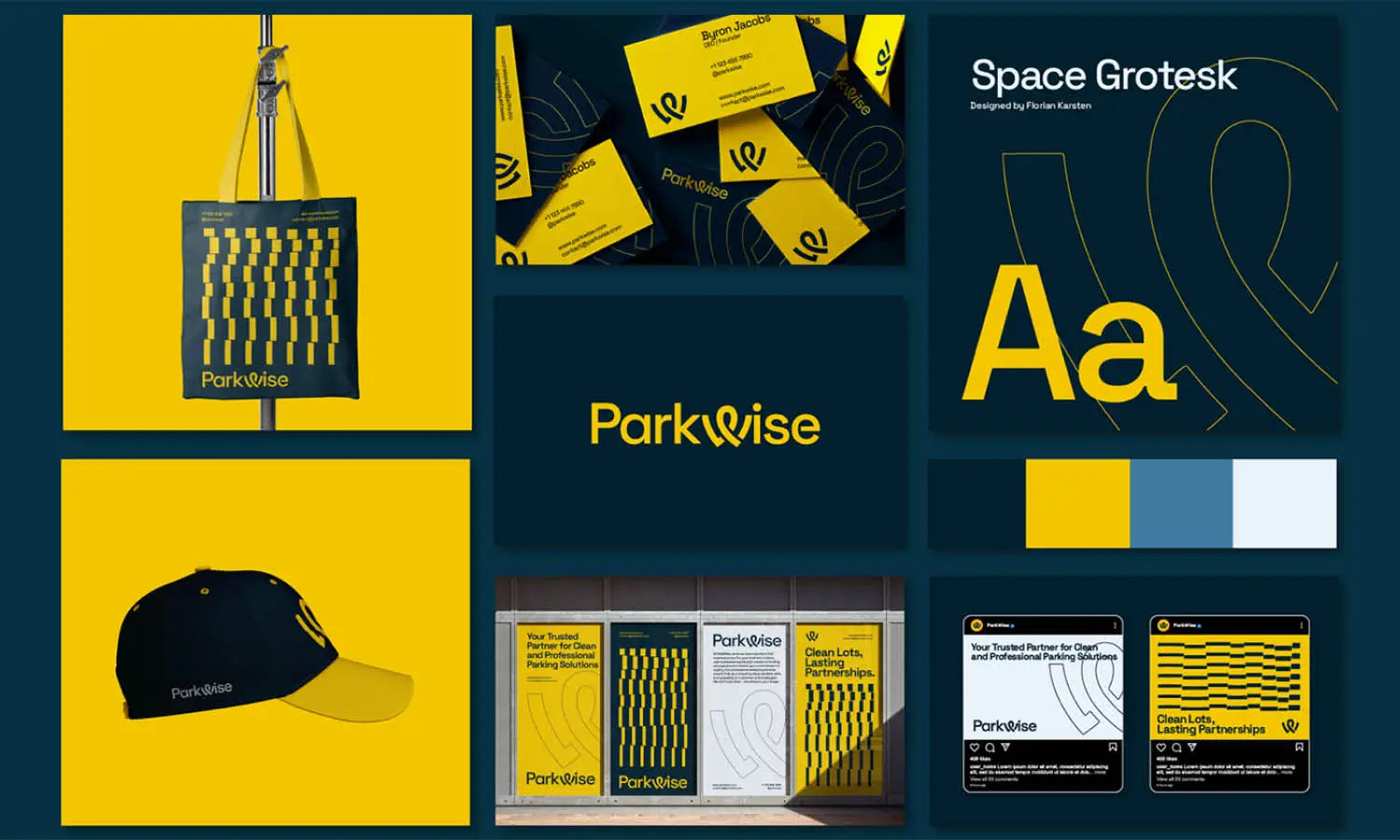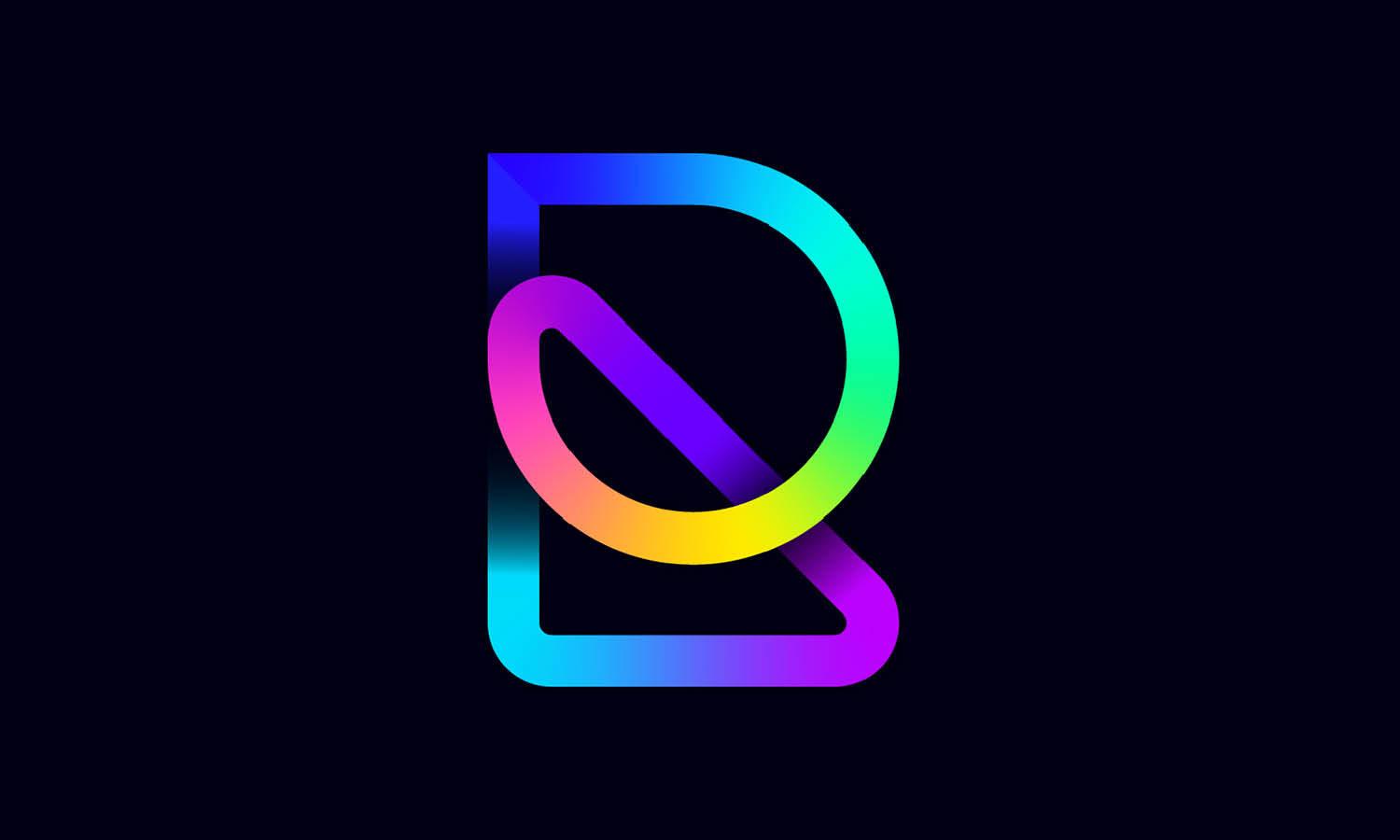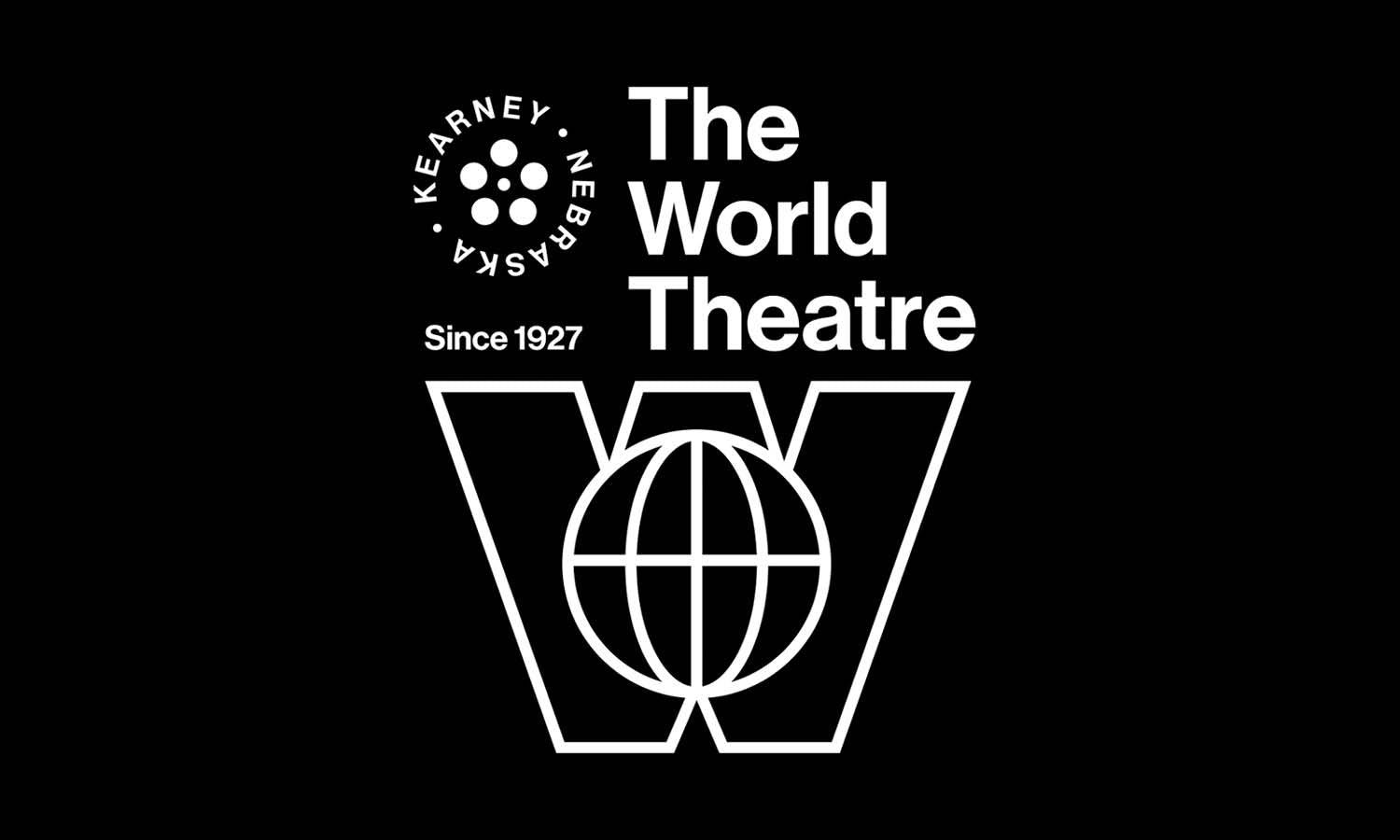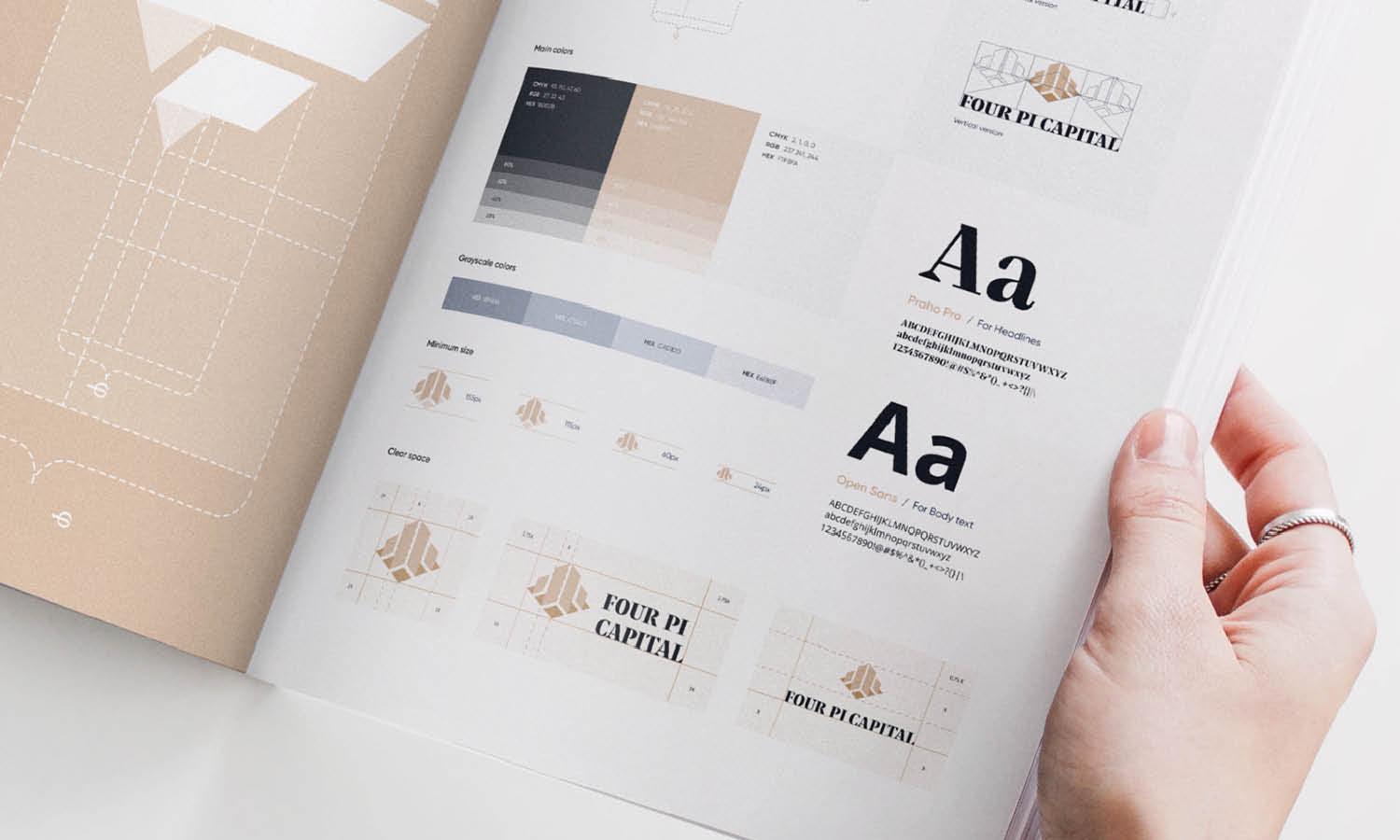Here’s Why Good Logo Design Is Good For Business

Source: Halo Branding, Zenny Branding - Banking for Gamers, Dribble, https://dribbble.com/shots/17812252-Zenny-Branding-Banking-for-gamers
Good logo design acts as the cornerstone of a company’s brand identity, seamlessly communicating its values and vision to the consumer. For businesses, investing in a professional logo is not just about creating a visually appealing symbol; it’s about instilling confidence, enhancing brand recognition, and building a trustworthy relationship with their audience.
A compelling logo serves as a quick snapshot of what a business stands for, making it an essential tool in any company’s marketing arsenal. Whether it’s a start-up seeking to carve out a niche or an established entity aiming to maintain its market stronghold, good logo design plays a pivotal role in influencing perceptions and driving business growth.
By embodying the essence of the business in a single, memorable image, a logo bridges the gap between the company and its target audience, fostering instant connection and long-term loyalty. This introduction sets the stage for exploring how good logo design is not just an artistic endeavor but a strategic business investment.
First Impressions Matter in Business
In today's competitive market, the importance of good logo design in business cannot be overstated. A logo often serves as the initial point of interaction between your brand and potential customers. When executed well, it captures the essence of your company and provides a memorable visual that distinguishes your business from competitors. This visual representation is crucial as it forms the foundation of the customer's perception and decision-making process.
Good logo design, when aligned with the business’s core values and offerings, communicates professionalism and credibility at first glance. This is essential not only for attracting new customers but also for establishing a lasting impression that encourages continued interaction. An effective logo ensures that your brand is taken seriously in a bustling market, where attention spans are short and first impressions can be lasting.
By investing in a thoughtful and impactful logo, businesses can leverage design to enhance their market presence and ensure that their first impression is both positive and enduring. This strategic approach to logo design is pivotal for any business aiming to thrive and resonate with its audience in a meaningful way.
Builds Brand Identity Through Good Logo Design
Good logo design is instrumental in establishing and reinforcing a strong brand identity—a crucial element that differentiates a business in a saturated market. A logo is often the first point of interaction between a company and potential customers. As such, it is vital that it communicates the business's ethos, mission, and vision effectively. An expertly designed logo encapsulates the essence of a company, reflecting its values and the quality of its products or services in a single, impactful visual.
A well-crafted logo acts as a foundation for the brand's visual narrative, setting the tone for all other branding materials. It influences how the target audience perceives the company, steering their expectations and experiences. This consistency in visual identity across all platforms not only builds recognition but also fosters a sense of trust and reliability among customers.
Investing in good logo design is a strategic decision for any business aiming to establish a memorable and enduring brand identity. It is not merely an aesthetic choice but a business strategy that can significantly impact consumer perceptions and business outcomes. Through thoughtful design, a logo becomes more than a business mark; it becomes a symbol of the company’s commitment to quality and its promise to its customers.
Enhances Brand Recognition with Good Logo Design
In the realm of business, recognition is key, and good logo design is a powerful tool to enhance brand visibility and recall. A distinctive, well-designed logo makes a brand easily identifiable, helping it to stand out in a crowded marketplace. This visual distinctiveness is critical in capturing consumer attention quickly and effectively, an essential factor in today’s fast-paced world.
A logo is more than just a graphic; it is a point of recognition for clients and an important foundation for the branding of your company. Good logo design fosters instant recognition, essential for building brand loyalty. It serves as a consistent signature across various forms of media, from digital ads to physical products, enhancing the brand’s presence across different platforms.
Moreover, the repetition of this unique visual symbol helps reinforce brand identity and increases the likelihood of customer engagement with the brand. Each time a logo is displayed, it reinforces the brand's image in the minds of consumers, gradually building a familiar and favorable brand perception.

Source: Jared Granger, Novo.co Brand Identity, Dribble, https://dribbble.com/shots/19306968-Novo-co-Brand-Identity
Boosts Professionalism and Credibility Through Good Logo Design
A professional logo design serves as a testament to a company’s commitment to quality and excellence. It reassures customers that the business is reputable and trustworthy, which is essential for fostering initial trust and long-term relationships with clients. Good logo design not only conveys that a business is legitimate but also communicates its attention to detail and its dedication to professionalism. This is particularly crucial for small or emerging businesses seeking to establish themselves in a market dominated by established brands. A strong, professional logo helps level the playing field, giving smaller companies a fighting chance to compete and grow.
Furthermore, a credible logo reassures stakeholders and investors about the stability and potential of the business. It acts as a symbol of assurance that the company is capable of delivering on its promises and commitments. As such, investing in a high-quality logo design is not just about aesthetics; it's a strategic move that can have far-reaching implications for a business's success and growth. Through good logo design, businesses project an image of authority and reliability, which are key to attracting new customers and retaining existing ones.
Supports Marketing Strategies with Good Logo Design
Good logo design is a cornerstone of effective marketing strategies. It acts as the visual keystone that ties all aspects of a business's marketing efforts together, providing a consistent identity across various platforms. A well-designed logo is versatile, making it suitable for integration into different marketing materials such as brochures, websites, and advertisements. This consistency ensures that the brand is easily recognizable and memorable, which is essential for effective marketing.
Moreover, a strong logo can evoke emotional responses that resonate with the target audience, influencing their perception and increasing their likelihood of engaging with the brand. It serves as a shorthand for the brand’s message and values, which are crucial elements in storytelling and brand communication. This makes the logo a vital tool in crafting compelling narratives that appeal to consumers, driving engagement and conversion rates.
Additionally, good logo design supports digital marketing campaigns by enhancing the visual appeal of social media profiles, email communications, and online advertisements. In the digital age, where visual content is king, a professionally designed logo can significantly boost the effectiveness of online marketing efforts by increasing visibility and click-through rates.
Ultimately, investing in good logo design is not only about creating a symbol for the business but also about enhancing marketing strategies across the board. A dynamic and adaptable logo becomes a strategic asset in marketing, adaptable to various contexts while maintaining the integrity and coherence of the brand’s image.
Differentiates Your Business from Competitors Through Good Logo Design
In a world where countless businesses vie for the same audience, good logo design is essential in setting a company apart from its competitors. A distinctive logo can be a business’s first opportunity to communicate its unique value proposition to potential customers. By capturing the essence of the business and its uniqueness through design, a logo not only differentiates the brand visually but also reinforces its individuality in a crowded market.
Good logo design communicates a business’s personality, values, and strengths effectively. Whether through color, font, or style, each element of a logo can reflect aspects of the business that are unique to its brand. This differentiation is crucial for businesses in competitive industries where customers have many choices. A well-designed logo can make a brand instantly recognizable, aiding in quick identification and preference among similar offerings.
A unique logo helps a business to stand out in all forms of communication, from advertising to social media and even packaging. It serves as a constant reminder of the brand’s distinct qualities and reasons why it is a better choice over competitors. This visual marker supports the brand’s positioning strategy and helps maintain its distinct space within the market.
Attracts and Retains Customers with Good Logo Design
A well-executed logo is a fundamental tool for attracting and retaining customers. Good logo design not only draws attention but also makes a strong impression, crucial for brand recall and customer loyalty. By conveying the right message about the type of company and the quality of products or services it offers, a logo can influence consumer decisions at a critical point in the buying process.
An attractive logo is visually appealing, evoking positive feelings and associations that customers remember. This emotional connection is key in developing customer loyalty as it helps build a relationship between the brand and its consumers. A logo that resonates well with a target audience can encourage customers to choose your brand over others by conveying trustworthiness and reliability.
A strong logo remains consistent in various applications, from digital advertising to physical store signage. This consistency helps reinforce the business’s identity every time a customer encounters the brand, enhancing familiarity and comfort with the brand. Over time, this familiarity translates into customer retention, as consumers are more likely to return to a brand they recognize and trust.
In essence, good logo design plays a crucial role in both attracting new customers and nurturing ongoing relationships with existing ones. It is not only the face of the company but also a critical engagement tool that can significantly influence business success.

Source: Amir Sayem, B Logo, Dribble, https://dribbble.com/shots/18492483-B-logo
Adds to Company Worth Through Good Logo Design
Good logo design contributes to building a strong, recognizable brand, which in turn can elevate a company's worth in the market. A distinctive and memorable logo becomes synonymous with the brand itself, adding to the business's tangible and intangible assets.
The value of a good logo manifests in several ways. For one, it increases brand equity, meaning that customers are more likely to pay a premium for a product or service because they associate the brand's logo with quality and reliability. Furthermore, a strong logo can lead to greater brand loyalty and customer retention, which are key drivers of long-term revenue.
In the event of a sale or merger, a well-known and respected logo can significantly raise the valuation of a company. Potential buyers and investors see a strong logo and brand identity as a less risky investment, knowing that the brand already holds a positive reputation and mindshare among its target audience. Investing in professional logo design thus pays dividends far beyond the initial cost. It is an investment in the company's future, positioning the business to capitalize on its brand reputation and enhance its overall market valuation.
Communicates Business Type Through Good Logo Design
Good logo design is essential for communicating the type of business to potential customers at a glance. The design elements of a logo—color, font, shape, and style—can all convey powerful messages about the nature of a company and the services it provides. For instance, a tech company might opt for a sleek, modern logo to convey innovation and cutting-edge technology, while a law firm might choose a more traditional logo to communicate professionalism and stability.
A logo serves as a shorthand representation of a company's business type and its core offerings. It tells a story about the brand’s personality and target market, helping to align public perception with the company's intended brand image. This immediate communication is crucial in attracting the right customers—those who are looking for what the business specifically offers.
A well-designed logo reflects the industry standards and the expectations of its target audience. It helps position the company within its competitive landscape, making it easier for customers to understand whether the company’s offerings align with their needs. This clarity is beneficial in driving targeted marketing efforts and improving conversion rates.
Aids in Cultural and Global Market Adaptation Through Good Logo Design
Good logo design is pivotal in helping businesses adapt to cultural and global markets effectively. A well-designed logo reflects not only the brand’s identity but also its ability to resonate across different cultures and regions. This adaptability is crucial for businesses looking to expand globally and connect with diverse audiences.
A versatile logo can accommodate local sensibilities without losing its core identity, making it a valuable asset in international marketing strategies. For instance, color schemes, symbols, and typography can be tailored to align with local cultural norms while maintaining the logo's recognizability and essence. This cultural sensitivity in design helps prevent potential misunderstandings and promotes a positive brand image abroad.
Moreover, good logo design facilitates the transition of a brand into new markets by acting as a universal language that transcends cultural barriers. A strong, adaptable logo can communicate a company’s ethos and quality consistently, regardless of geographical and cultural differences. This consistency ensures that the brand remains trustworthy and familiar to international customers, fostering loyalty and enhancing customer relationships worldwide.
Conclusion
Good logo design is indispensable for any business seeking to establish a strong market presence. It not only sets the initial stage for customer interaction but also forms the backbone of brand identity and customer perception. Investing in a well-crafted logo is not just about aesthetics; it's about making a strategic investment in your business's future. An effective logo can significantly enhance brand recognition, build customer trust, and support marketing strategies, making it a powerful tool in achieving long-term business success.
Let Us Know What You Think!
Every information you read here are written and curated by Kreafolk's team, carefully pieced together with our creative community in mind. Did you enjoy our contents? Leave a comment below and share your thoughts. Cheers to more creative articles and inspirations!















Leave a Comment